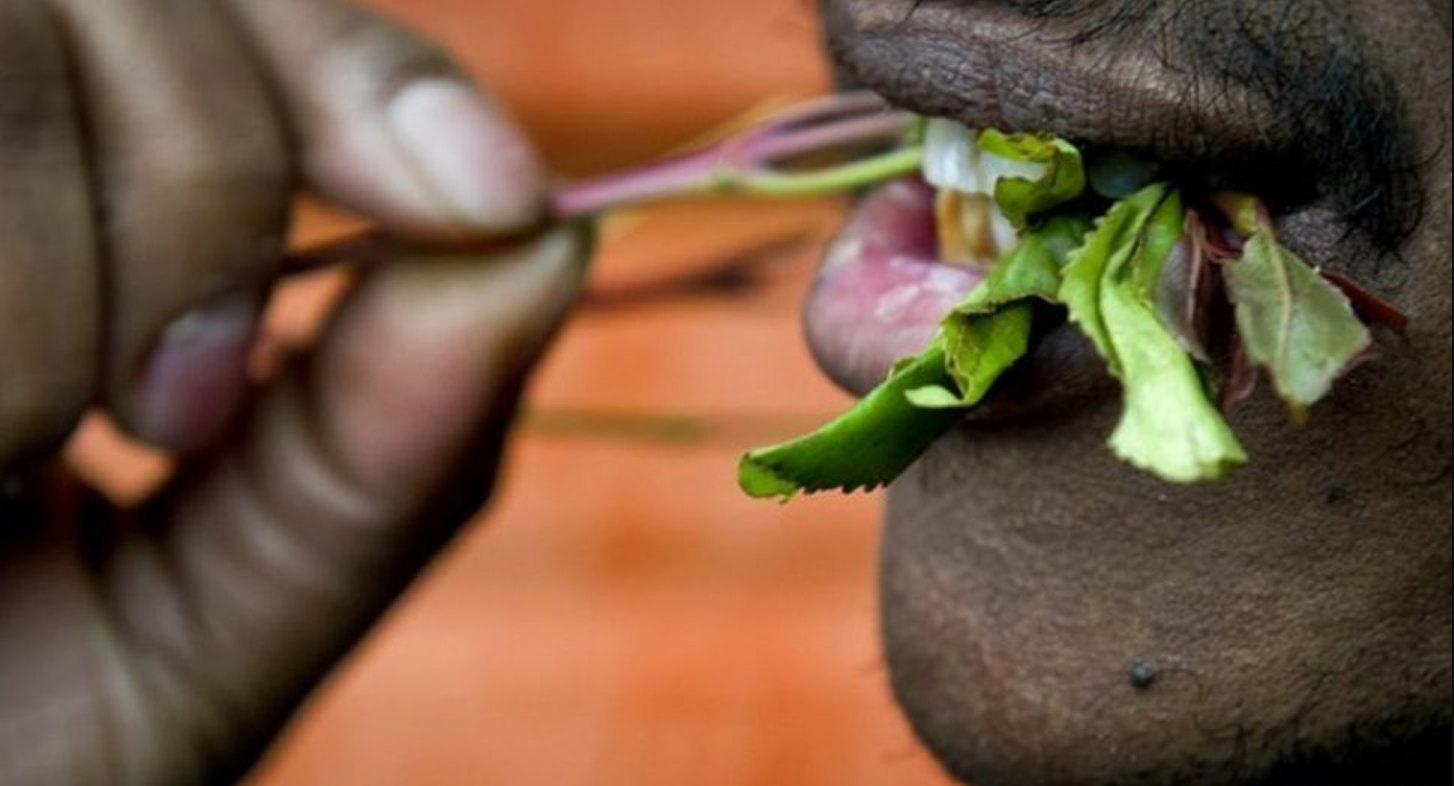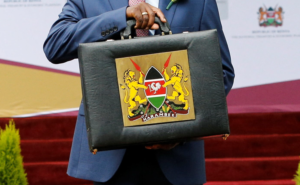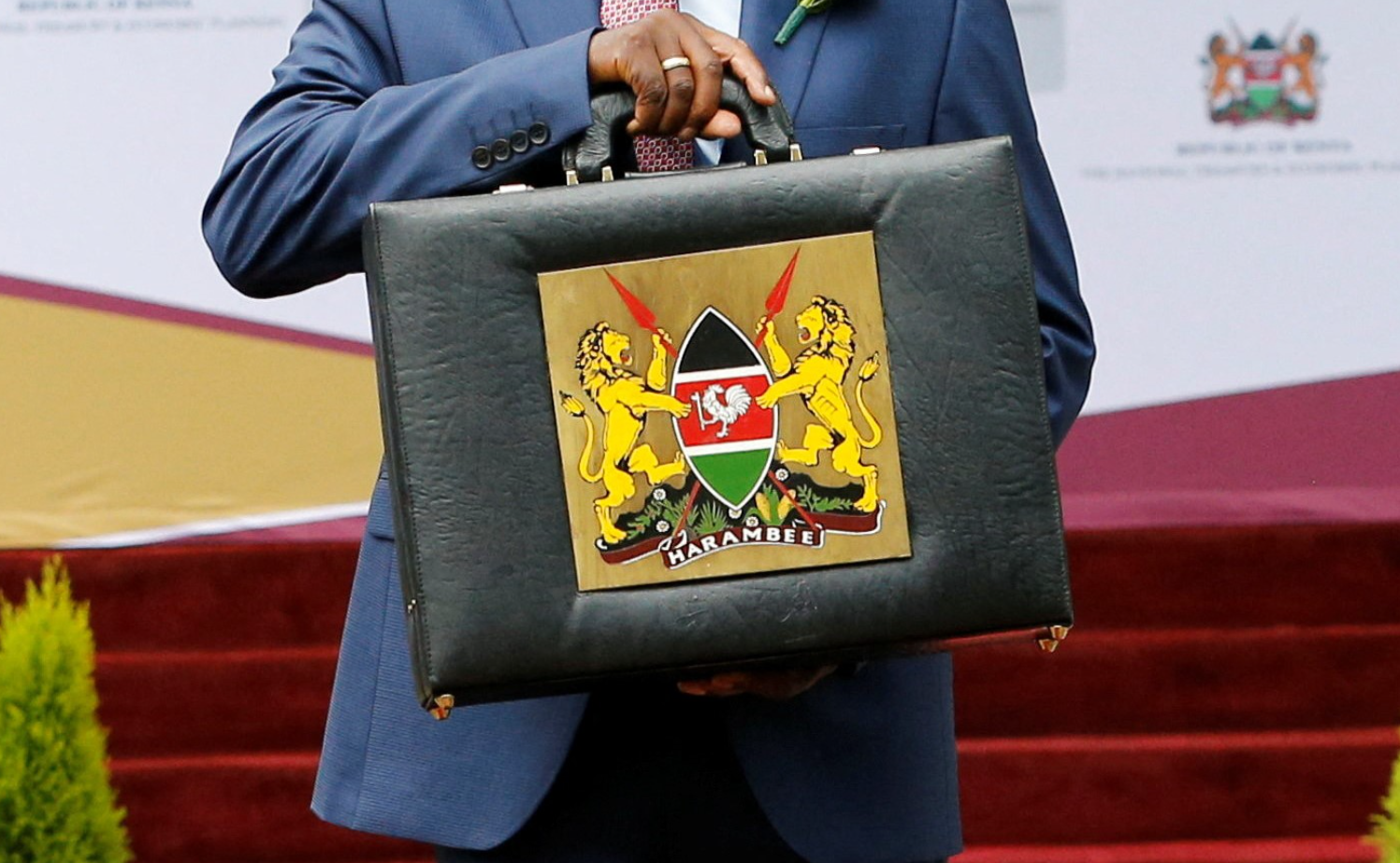“We will not die so others live.” Mombasa Governor Abdulswamad Nassir’s statement clearly shows the stance of coastal leaders regarding muguka.
The governors from the coastal counties, including Mombasa Governor Abdulswamad Nassir, Kilifi Governor Gideon Mung’aro, and Kwale Governor Fatuma Achani, declared war on muguka by banning the product from entering their counties. Despite the government interventions, which deemed the ban of muguka null and void, the governors have refused to relent.
The war on muguka has left traders stranded. They’re constantly blocked from entering the market, which results in huge losses. According to the traders, muguka is their source of livelihood, and blocking them from accessing the coastal market will lead to huge job losses.

Mombasa governor speaking on Muguka ban
Despite the traders’ cries, the leaders have remained adamant. According to the coastal leaders, including MCAs, women representatives, and religious leaders, muguka has serious health effects and is destroying future generations.
Is what these leaders say about the health effects of muguka justified? What about the livelihood of the people who depend on the sale of muguka?
The Health Effects of Muguka (Khat)
According to the renowned psychiatrist, Prof Lukoye Atwoli, people experience psychotic symptoms such as hallucinations, delusions, and disturbed thoughts when they chew khat. The professor adds that khat users also report increased alertness, reduced feelings of hunger and fatigue, and a general sense of well-being when chewing.
Muguka is categorized as a psychostimulant, which means it causes psychoactive effects. Its primary substance is called cathinone, a class of plant compounds called alkaloids. The substance is structurally related to amphetamine, which is a stimulant drug associated with symptoms such as alertness, cognitive function, and attention.
When a person chews khat, the cathinone in it goes to the brain, where it acts to activate the sympathetic nervous system, which responds in the same way as it would in dangerous and stressful situations.
It causes the brain to release stimulating neurotransmitters that cause the feeling of well-being, excitement, joy, talkativeness, and mental alertness, among other things.
The plant also affects the respiratory, cardiovascular, digestive, and endocrine systems, causing symptoms such as high blood pressure, increased heart rate, narrowing of the coronary arteries, sleep problems, and suppressed appetite.
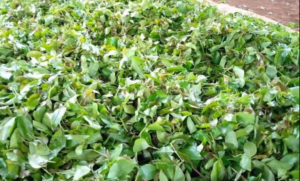
Fresh muguka
According to The World Health Organization (WHO), khat creates dependence, leading to the continuous desire to keep using it. Nacada classified muguka as a drug based on its chemical composition
The side effects of chewing khat are include increased alertness, mood changes, talkativeness, paranoia, manic behavior, psychoses, and increased blood pressure.
Young people who use khat have an increased risk of experiencing high blood pressure. The drug can also cause faster breathing, rapid heart rate, increased body temperature, heart palpitations, etc.
Even though the research about the use of khat and male reproductiveness is still very limited, researchers believe that men who consume large amounts of khat have the possibility of experiencing erectile dysfunction.
Economic Benefits of Muguka
Countless residents from the Mbeere area in Embu County have been relying on muguka as their source of livelihood. From farmers to traders, muguka has been a source of wealth for many people, not only in Embu but the entire country.
According to the governor, approximately 65,000 farmers grow muguka in Embu County. Muguka is one of the highest-earning crops in the region, apart from Coffee and tea. The plant provides direct employment to the people in the region and earns them easy cash.
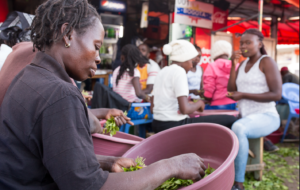
Muguka traders sorting and packaging
The coastal counties are the biggest market for the product, estimated to contribute a whooping Sh22 billion to the country. According to Embu governor Cecily Mbarire, Mombasa County earns approximately Kshs 1 million per day from muguka transport levies.
According to muguka traders, the plant is a major economic driver, supporting various auxiliary businesses, including the transport and retail sectors. Demonstrating their displeasure about the ban on muguka, the traders argue that the crop has been their lifeline for generations. They pay school fees, medical bills, and daily expenses from the trade of muguka.
There’s a Need for Urgent Government Intervention
Muguka is undoubtedly a cash cow for the country, but is it worth it for users’ health? The country must weigh the health effects versus the economic benefits associated with its sale and use to end the discord between traders and the leaders opposing its distribution.
It’s high time the government recognized the health concerns about the consumption of muguka and came up with measures to regulate its use and create awareness of the product’s health effects. The regulations can include health education, awareness campaigns, warning labels, and information on health hazards.


